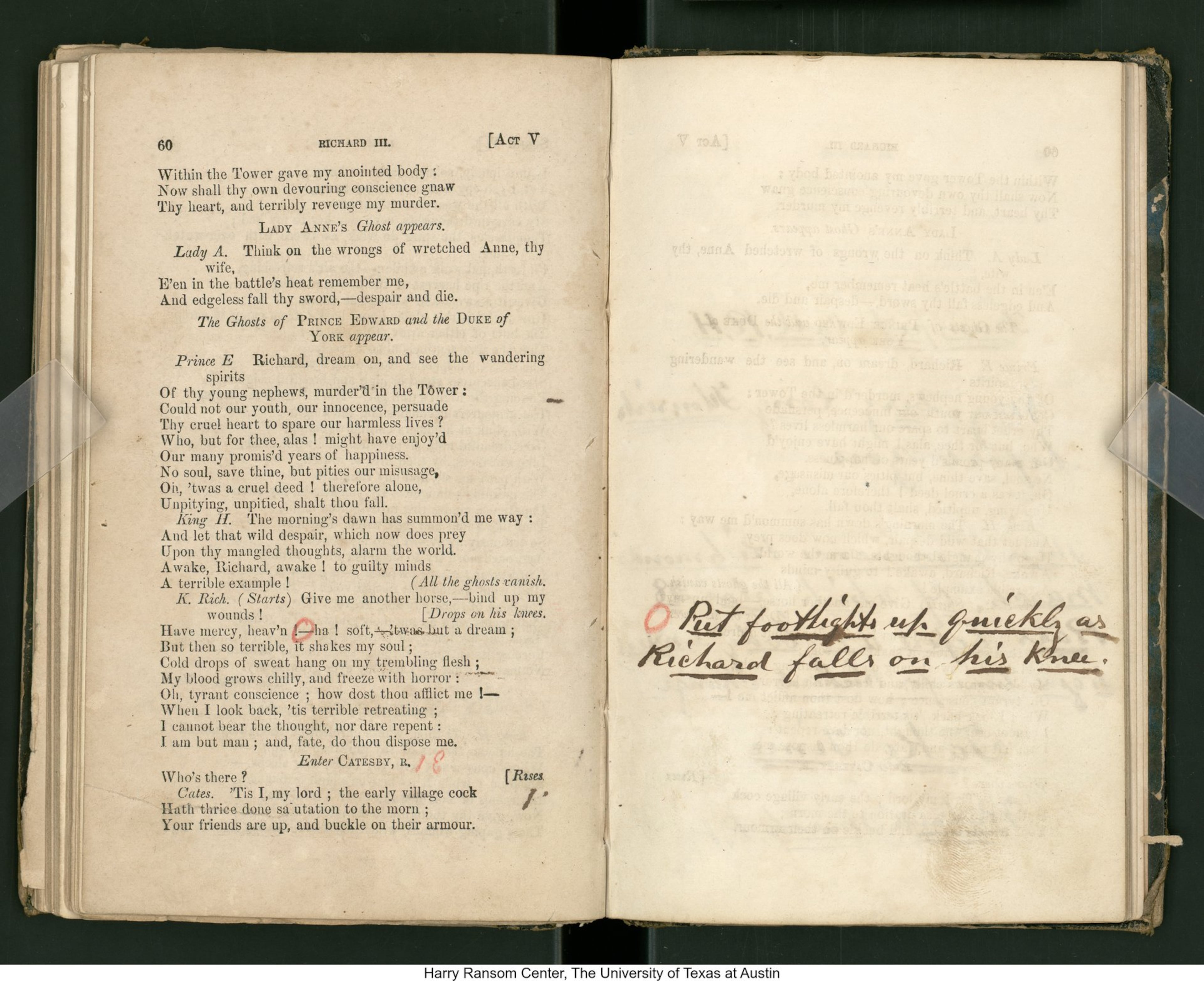Study contends plots by Confederacy led to Lincoln murder

From the archives: The story “New study contends plots by Confederacy led to Lincoln murder” was originally published in The Atlanta Journal on May 8, 1985.
WASHINGTON - Abraham Lincoln's assassination 120 years ago was not the action of a crazed Southern sympathizer acting alone, but the result of John Wilkes Booth's "mistaken sense of duty" after elaborate Confederate military plans to kidnap the president or blow up the White House failed, researchers say.
The reinterpretation of events surrounding Lincoln's April 14, 1865, assassination, detailed in a study that has not yet been published, challenges assumptions that Booth was an aberration and theorizes instead that he and other Confederate agents were well-funded and working full time in Washington.

The Civil War researchers contend that the Confederate government developed a campaign in the waning weeks of the war - including a planned attack on Lincoln or the White House - that they believed would have ensured at least a stalemate.
Later, the Confederacy, seeking to avoid any direct links between itself and Booth, encouraged speculation that the assassin's actions were an aberration.
"The South won the battle of disinformation," said James O. Hall, a historian who is believed to have the largest single collection of Lincoln documents.
The study was prepared by Hall, a former Department of Labor official; William A. Tidwell, a retired Central Intelligence Agency officer and Army intelligence general; and Department of Defense analyst David W. Gaddy. Their hypothesis was pieced together from evidence gathered from existing and newly discovered documents.
The researchers contend that Confederate operations by agents such as Booth under a clandestine campaign in Washington were to be coordinated with last-ditch military manuevers by Confederate Gen. Robert E. Lee.

The study notes that the assassination was pointless from a military standpoint because Lincoln was shot four days after Lee surrendered. But it said that Lee's withdrawal cut off communication to Booth and that the assassin was "left hanging, " not knowing that an attack on Lincoln could no longer help win the war.
Evidence suggests that Booth was originally recruited to help kidnap Lincoln on March 17, 1865, on his way to a meeting. However, the study said, an aide went in Lincoln's place, foiling the plan.
Booth was then directed to help blow up the White House in conjunction with Lee's retrenchment effort, the study added, but an explosives expert who was sent from Richmond on April 1 to help carry out the attack was captured nine days later.
Sometime after April 12, Booth began to plan the attack on Lincoln as the "only method left to him to carry out his mission, " the study contended.
It also suggested that:
Booth's death may have been arranged by Confederate agents to keep him from disclosing links to their government.
The expenses of another agent scouting Lincoln's movements across the street from the White House were "personally approved by Confederate President Jefferson Davis" and came from a substantial Confederate fund.
Confederate planners wanted to retaliate against Lincoln for what they considered his "diabolical" and personal "policy of physical attack on key Confederate leaders."

